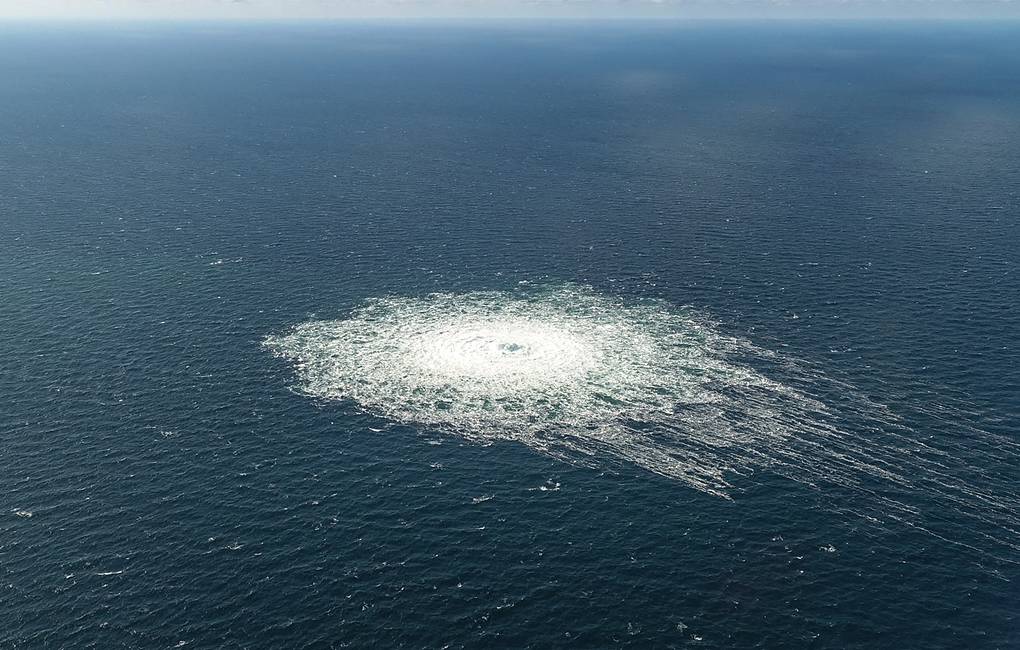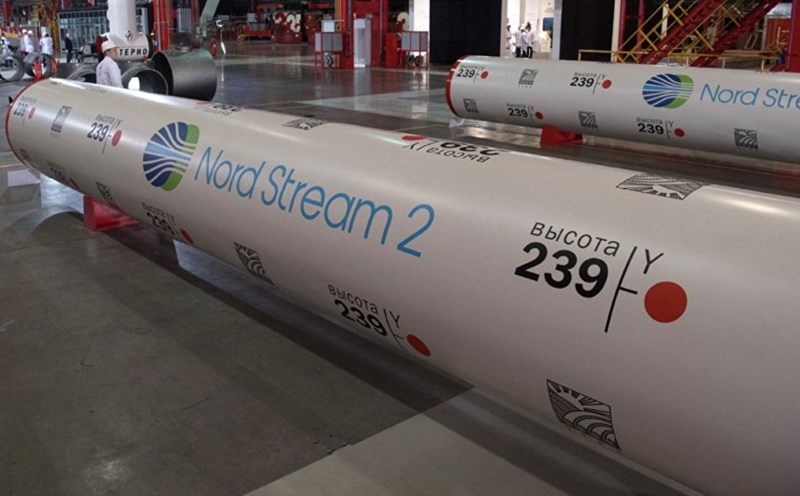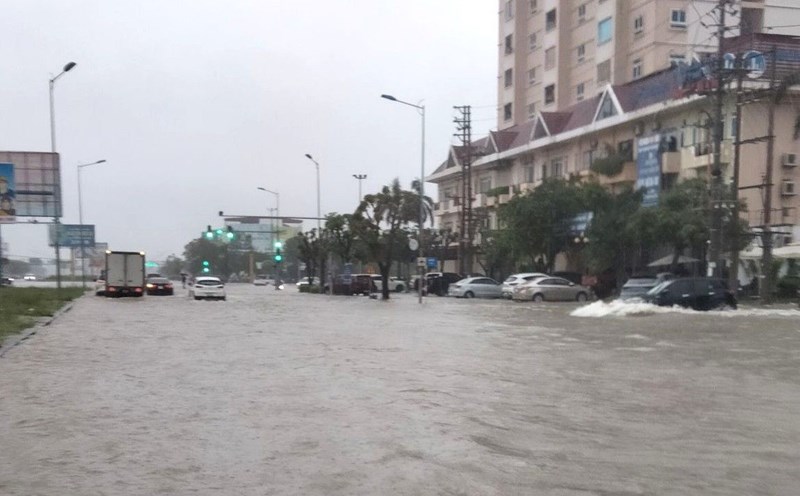It is reported that Poland has considered protecting a Ukrainian Nord Stream sabotage suspect who is increasingly exposing the rift between European allies.
On September 26, 2022, explosions under the Baltic Sea destroyed the Nord Stream 1 and Nord Stream 2 pipelines - the route of Russian gas to Germany. This is considered one of the biggest geopolitical mysteries of the decade, deeply affecting European energy security.
Many investigative directions were given, from accusing a small group of Ukrainians of acting on their own to suspecting that Western powers were behind. Russia has always rejected the "amateur group" theory, asserting that the US and UK are the beneficiaries when Europe is forced to increase LNG imports from the US.
Recently, the Polish daily Rzeczpospolita revealed shocking information: Former Polish Foreign Minister Radoslaw Sikorski considered granting asylum, even awarding a medal to a Ukrainian suspect named Vladimir Z., a diver who lived near Warsaw.
When Germany issued a wanted notice to Europe, Poland was accused of refusing to arrest him and letting him flee to Ukraine. A Polish official even said frankly: To us, he is a hero.

Poland is a country that has always opposed Nord Stream and is a close ally of Ukraine in the conflict with Russia. However, this attitude angered Germany, considering it an act of sabotage of legal cooperation in the EU.
Meanwhile, Germany has arrested a number of other suspects, such as former Ukrainian military officer Sergey Kuznetsov in Italy in August 2025. But many experts are still skeptical about whether a group of civilians with hired diving equipment could carry out sophisticated explosions on a strictly protected pipeline.
Russia views the entire investigation as non-transparent. Moscow has repeatedly asked the United Nations to launch an international investigation, accusing Western countries of hiding evidence. President Vladimir Putin believes that the US has both the motive and the ability to destroy Nord Stream, while Russian intelligence claims to have evidence of the role of the US and UK.
More than three years have passed, the question of who was really behind the Nord Stream sabotage remains unanswered, and the revelations from Poland make the picture even more dramatic.
If Warsaw had truly sheltered a suspect, it would not only deepen the doubt between Germany and Poland but also undermine the image of EU solidarity.









